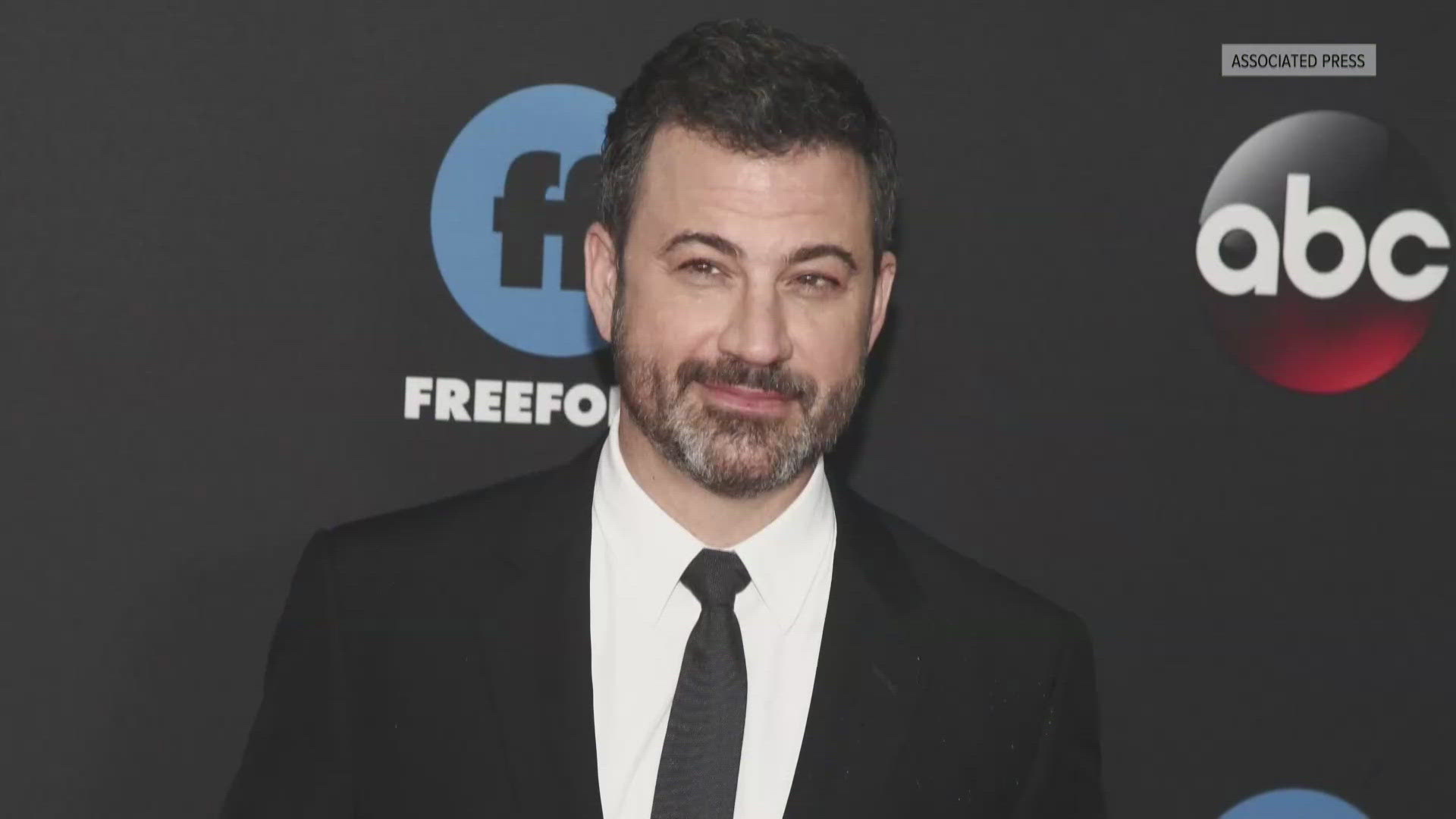Eddie Palmieri, the legendary and pioneering figure in the world of Latin jazz and rumba, has died at the age of 88.
The news of his passing was confirmed on Wednesday evening by Fania Records, the iconic Latin music label. According to a statement by his daughter, Gabriela Palmieri, to The New York Times, the revered pianist and composer died earlier that day at his residence in New Jersey after a prolonged illness.
Palmieri’s impact on Latin music was monumental. He was not only the first Latino artist to receive a Grammy Award, but he would go on to win a total of eight throughout his illustrious career, which spanned over six decades and nearly 40 album releases.
Born on December 15, 1936, in New York City’s Spanish Harlem—a neighborhood with deep musical roots—Palmieri was raised in an environment where music served both as a cultural identity and a possible path to success. Like his older brother, the legendary Charlie Palmieri, Eddie began playing the piano at an early age. However, as a teenager, he became enamored with percussion and started performing on timbales in his uncle’s band at just 13. Despite his initial diversion into drumming, Palmieri eventually returned to the piano, blending his rhythmic instincts with melodic mastery. In his own words, as cited on his official website, “I’m a frustrated percussionist, so I take it out on the piano.”
Palmieri’s first Grammy came in 1975 for the groundbreaking album The Sun of Latin Music, a record that marked a turning point in the genre’s recognition by mainstream music institutions. Remarkably, his passion for creating and performing music never waned; well into his 80s, he continued to produce and perform, adapting to the COVID-19 era by participating in virtual performances and livestream concerts. In a 2011 interview with the Associated Press, he was asked if he had any lingering goals. His reply, laced with characteristic modesty and humor, was: “Learning to play the piano well… Being a piano player is one thing. Being a pianist is another.”
Palmieri’s early musical journey included playing with the Eddie Forrester Orchestra during the 1950s, where he initially explored tropical styles. He would later perform with Johnny Seguí and the legendary Tito Rodríguez before embarking on a groundbreaking venture of his own. In 1961, he founded the influential band La Perfecta with trombonist Barry Rogers and vocalist Ismael Quintana. This ensemble broke new ground in Latin music by replacing the standard trumpet section with trombones, creating a heavier, more aggressive sound that became a signature of Palmieri’s style. La Perfecta quickly rose to prominence, earning a spot alongside major Latin orchestras of the time like those led by Machito and Tito Rodríguez.
Throughout the 1960s and early 1970s, Palmieri released several influential albums on labels such as Alegre and Tico Records. Among them was the 1971 hit Vámonos pa’l monte, which featured Charlie Palmieri on organ. That same year, he startled fans and critics alike with the innovative Harlem River Drive, a fusion of Black and Latin musical elements that blended salsa, funk, jazz, and soul into a socially conscious musical tapestry.
In 1974, he collaborated with a young Lalo Rodríguez on The Sun of Latin Music, an album that would go on to make history as the first Latin album ever to win a Grammy. A year later, he released Eddie Palmieri & Friends in Concert, Live at the University of Puerto Rico, which is still considered by aficionados to be a masterpiece of live salsa music.
Palmieri’s success continued into the 1980s. He earned Grammy Awards for Palo pa’ rumba (1984) and Solito (1985). In 1987, he collaborated with renowned salsa vocalist Tony Vega on La verdad, and in 1992, he helped launch the career of La India with the release of Llegó La India vía Eddie Palmieri, introducing her unique voice to the global salsa scene.
In 1998, Palmieri returned to his roots with El rumbero del piano, an album that reaffirmed his love for bold, percussion-driven salsa. Two years later, he teamed up with another titan of Latin music, Tito Puente, for the album Masterpiece. Tragically, Puente passed away that same year, but their collaboration earned widespread critical acclaim and won two Grammy Awards. The album was also recognized by Puerto Rico’s National Foundation for Popular Culture as the most outstanding production of the year.
Palmieri’s contributions went beyond performance and recording. He was a longtime member of the Fania All-Stars and Tico All-Stars, participating in numerous legendary concerts and albums. He was not only a gifted pianist but also an innovative composer, arranger, producer, and orchestra leader. In 1988, the Smithsonian Institution preserved two of his live performances for its National Museum of American History in Washington, D.C.—a testament to his cultural significance.
In 2002, Yale University honored him with the prestigious Chubb Fellowship Award, typically reserved for heads of state and international leaders. This recognition highlighted Palmieri’s extraordinary ability to use music as a tool for social connection and community building.
Palmieri also made strides in media and education. In 2005, he debuted as a host on National Public Radio with the program Caliente, which aired across more than 160 stations across the U.S., bringing Latin rhythms to a broad national audience.
Throughout his career, Palmieri collaborated with some of the most respected musicians in Latin and Afro-Caribbean music, including timbalero Nicky Marrero, legendary Cuban bassist Israel “Cachao” López, trumpeter Alfredo “Chocolate” Armenteros, trombonist Lewis Khan, and Puerto Rican bassist Bobby Valentín. In 2010, he spoke of feeling somewhat isolated in the music world, noting the loss of many of the rumberos and fellow musicians with whom he had shared the stage and studio.
As a global ambassador of Latin music, Palmieri carried the sound of salsa and Latin jazz to audiences on nearly every continent, including performances in Europe, Asia, Africa, and Australia. His influence on Latin music was—and remains—immeasurable.


